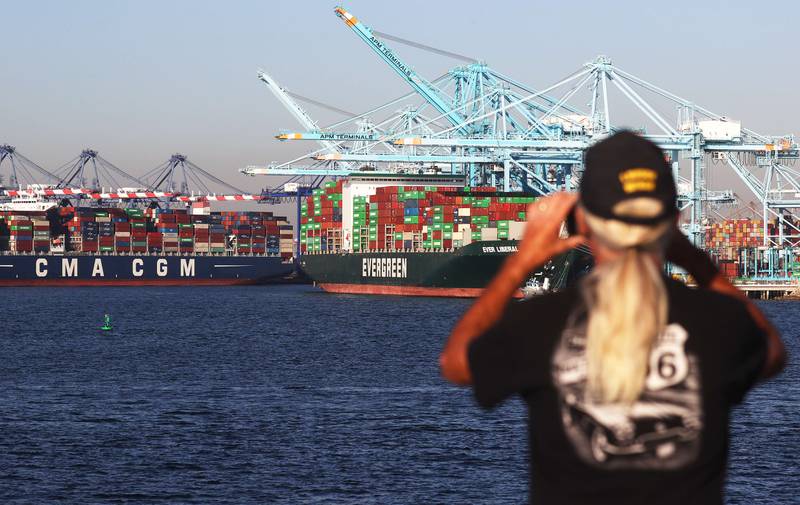Shipping industry fails to back world-first CO2 charge

The International Chamber of Shipping (ICS) said the industry regulator’s failure to make progress on decarbonisation commitments at a key meeting on Friday was a “missed opportunity” for the sector.
The ICS, which represents 80 per cent of the global shipping industry, said it was disappointed that the words and commitments made by governments at Cop26 “have not yet been translated into action” by the International Maritime Organisation.
“This week’s meetings have missed the opportunity to take forward a range of greenhouse gas [GHG] reduction measures which would accelerate the development of zero-emissions ships that are urgently needed at scale to decarbonise our sector,” said Guy Platten, secretary general of the trade body.
“It’s almost as if Cop26 never happened.”
The CO2-based charge on vessels’ fuel consumption to raise money for a proposed IMO Maritime Research Fund — aimed at the exploration of clean fuels and propulsion systems for international shipping — was not approved by the organisation during crunch climate change talks this week.
The plan, backed by multiple countries and entities including the UAE and the ICS, is not billed as a tax and is not intended to change shippers’ behaviour.
Instead, the proposed payments — which equate to $2 per tonne of oil-derived marine fuel — aims to raise about $5 billion to help clean up shipping, which is almost exclusively powered by oil and spews more CO2 into the atmosphere than Germany and the Netherlands combined.
While the proposed price is low, the levy is significant because it would be the first ever mandatory, global “fee-based” carbon price, the World Bank reported.
However, failure to secure commitment to the R&D fund underscores the challenge facing the industry in its bid to decarbonise.
“There was a clear recognition from many more countries that there is an urgent need to significantly increase R&D spending. But we are disappointed that insufficient time was dedicated to allow IMO member states to take a decision on the $5bn fund at this session,” Mr Platten said.
“All we are asking is for governments to let business to get on and do the things that need to be done. We are not even asking for money or the type of subsidies that other sectors receive. This is a no-brainer at a time when we do not have time to prevaricate.” The ICS chief added that the IMRF is the only proposal on the table ready for immediate agreement.
“If it is not taken forward soon, we fear this will signal to the world, following Cop26, that IMO is no longer truly serious about maintaining its leadership on GHG issues and that others may then move in to fill the vacuum.”
